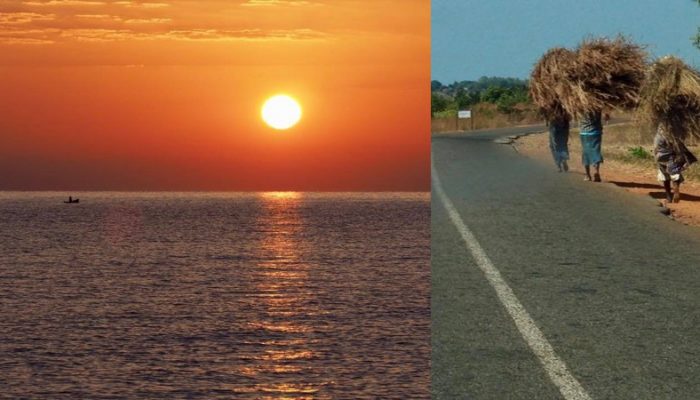
In July 2017, Professor Bruce Malamud and Dr Faith Taylor from King’s College London travelled to Mzuzu, Malawi to work in collaboration with Mr James Kushe from Mzuzu University, Malawi. They delivered an EGU funded workshop at Mzuzu University to high school teachers on natural hazards, with major funding provided by EGU, and also supported by Urban ARK and Mzuzu University. Faith and Bruce explain more about the trip…
Malawi is a small (118,000 km2) landlocked country in south eastern Africa, often referred to as the ‘warm heart of Africa’ due to its stability, safety, beauty and warm welcome to visitors. Yet behind this warm welcome, life for many in Malawi is hard; with an average GDP per capita of US$0.82 per day, high (although improving) prevalence of HIV-AIDs, tuberculosis and malaria and a range of natural disasters including earthquakes, floods, lightening, hail, strong winds and drought.
Although we are biased, we think life is particularly hard for Malawian Geography teachers who have a great responsibility to shape the next generation of big-thinkers and problem-solvers against the challenges such as (i) large class sizes, (ii) limited opportunity for teachers’ continued professional development and (iii) under-resourcing of schools.
With this in mind, Bruce, James and I applied for EGU funding to run a workshop for teachers on natural hazards, focusing particularly on: (i) collating and developing low-cost teaching demonstrations, (ii) equipping teachers with further information about natural hazards and (iii) learning more about their home city of Mzuzu as a resource for field trips.
In the months running up to the workshop, we prepared 16 Gb USB sticks for each teacher which included >35 teaching demos that we had created and/or reviewed, and then trialled, 77 videos that we selected from the many out there, 11 digital posters and 16 factsheets and 14 Powerpoint lectures from our own teaching. We also started to order a few resources that would be hard to come by in Malawi, such as slinkies for teaching about earthquake waves and mento tubes for demonstrating volcanic eruptions (try explaining a suitcase of slinkies to a customs official!).
In Mzuzu, James visited each highschool to explain the purposes of our workshop and get local interest, planned a fieldtrip to the Massassa region and started to purchase locally available resources for teaching demonstrations, such as jars and sand for teaching about the angle of repose with regard to landslides.
Upon arrival at the Mzuzu University library, where we held the workshop, we were greeted by 27 high school teachers who had travelled from up to a couple of hours away to spend three days with us. The schools they came from varied in terms of resourcing, teachers’ background and experience, but all teachers were enthusiastic about the opportunity to learn more (note to others, teachers were particularly keen on further EGU funded workshops on other topics!).
Over the three days, we delivered interactive undergraduate level lectures on a range of natural hazards, so that teachers would better understand the process behind many of the hazards, interspersed with over two dozen activities and teaching demonstrations that they could bring back to the classroom. We also had a half day microadventure facilitated by one of the teachers to a local area that had been affected by flooding and landslides. This was a good reminder that geography starts on the doorstep, and does not require expensive fieldtrips to exotic destinations to help students experience environmental phenomena and solidify their classroom based learning. There were also opportunities for the teachers to share some of their best practice – and from this, we hope the seed has been sown for teachers to establish their own professional network for sharing ideas and resources.
We have travelled to Malawi multiple times over the past few years as part of our work on the Urban ARK project where we look at multi-hazard risk to infrastructure. From this work, we know how challenging it can be for information and ideas to flow to those experiencing and managing risks. We left Malawi feeling hopeful that through those 27 bright and enthusiastic teachers, we might reach >2000 students, and through those students we might also reach their friends and family to help reduce disaster risk across the Mzuzu region.
In the coming months we will share some of the resources we generated and collated online. There is a clear need for further workshops like this across Malawi, and an appetite for building a network of teachers. It took a lot of planning and partnerships with local academics but we would strongly encourage others to consider running similar workshops for teachers in the warm heart of Africa.
By Faith Taylor and Bruce Malamud, King’s College London

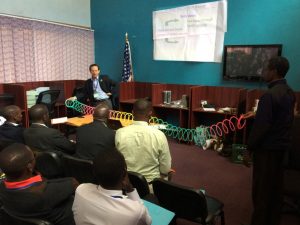
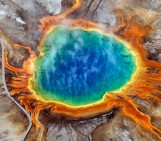
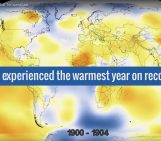
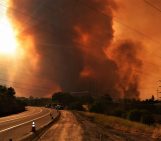
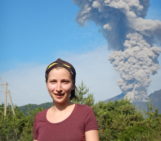
Peter Sych
Nice Article. Following from https://www.seku.ac.ke/